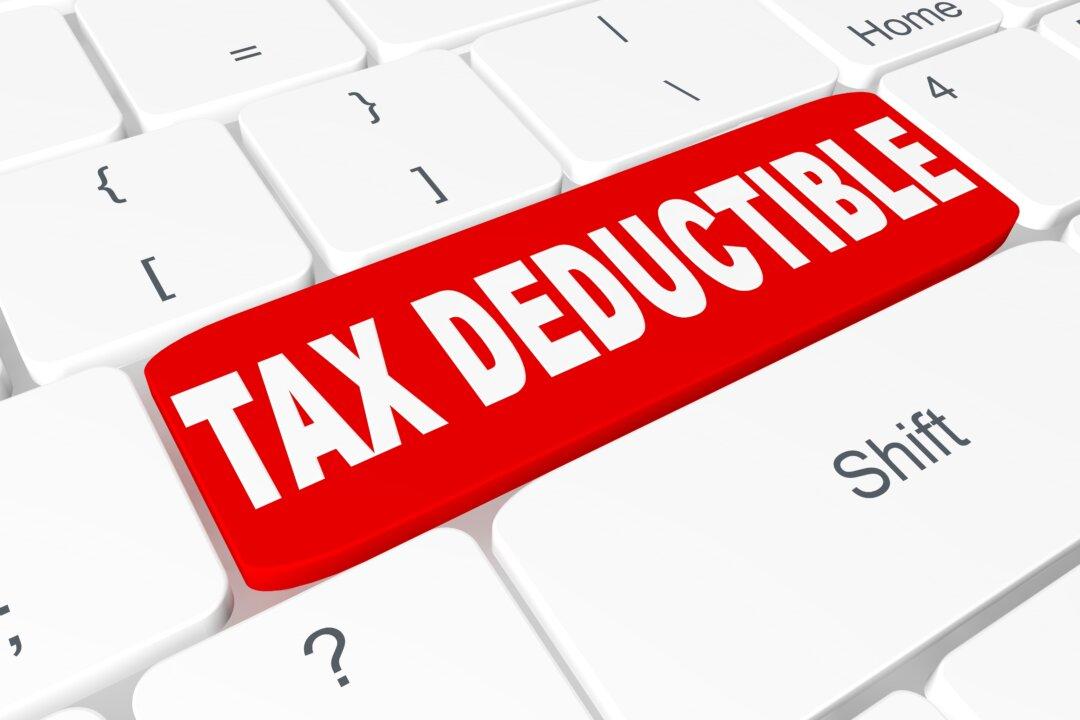As the end of the year gets closer and your options to lower your taxes are on your mind, you likely are wondering how to reduce taxes in the time remaining. There are only a few days left to make those deductions, but you do still have some options.
Make a Contribution to a Retirement Account
An easy way to reduce taxable income—even at the last minute—is to put more money into your retirement account. Depending on the type of account you have, the contribution may be deductible.Avoid going over the contribution limits so that you do not have to pay a penalty. If you have already met your limits, you may be able to open a new retirement account. If you have a 401(k), you can contribute up to $20,500 in 2022, and if you are 50 or older, you can contribute $27,000. IRA accounts allow you to contribute up to $6,000 in 2022, but if you are 50 or older, you can contribute up to $7,000.






